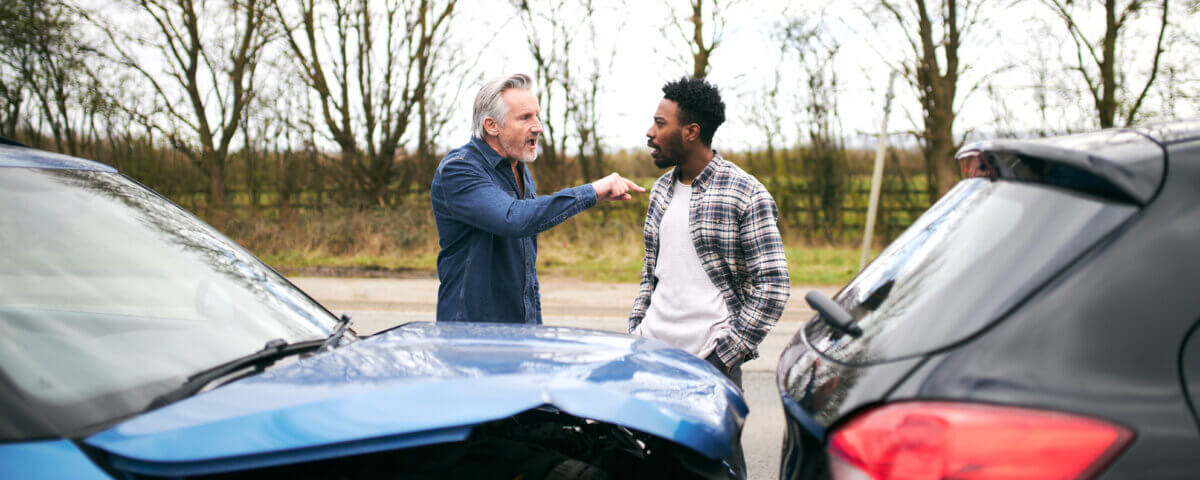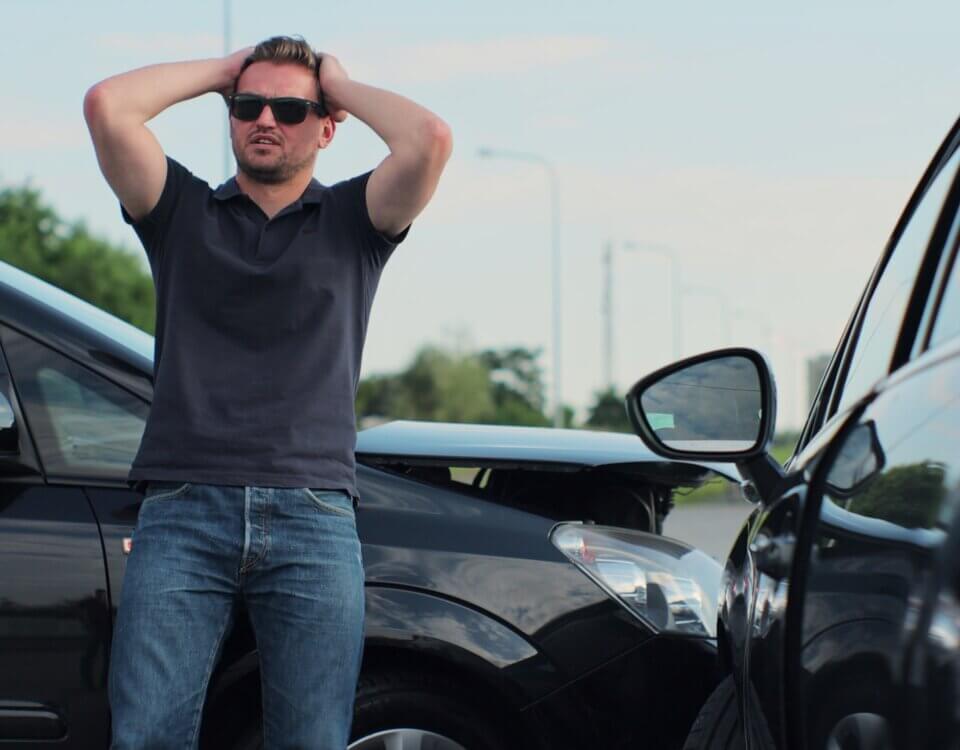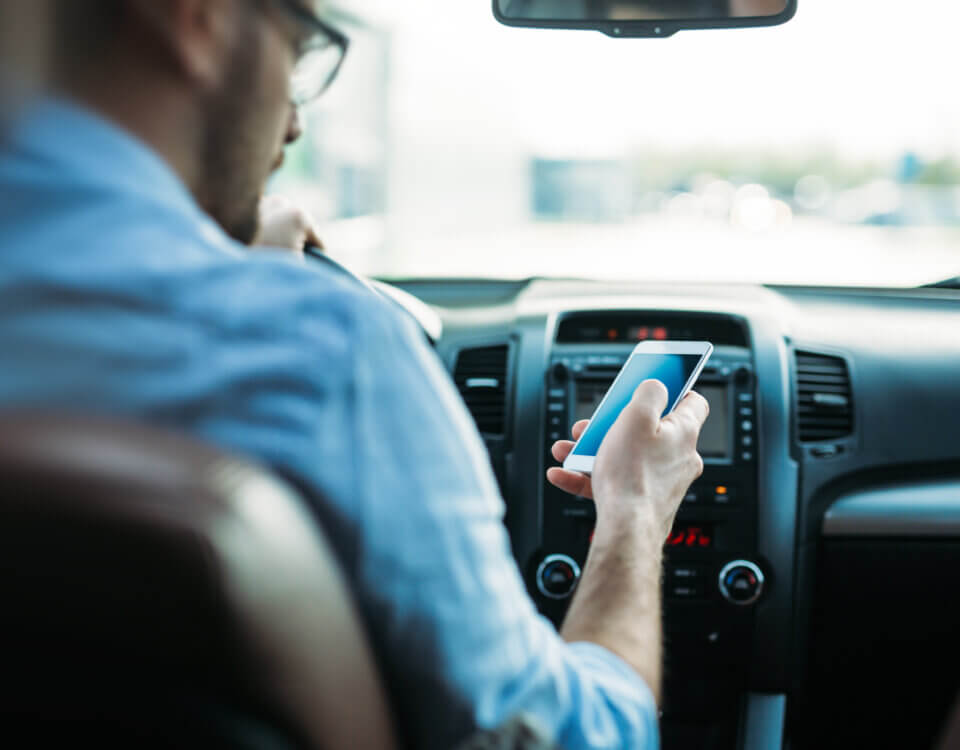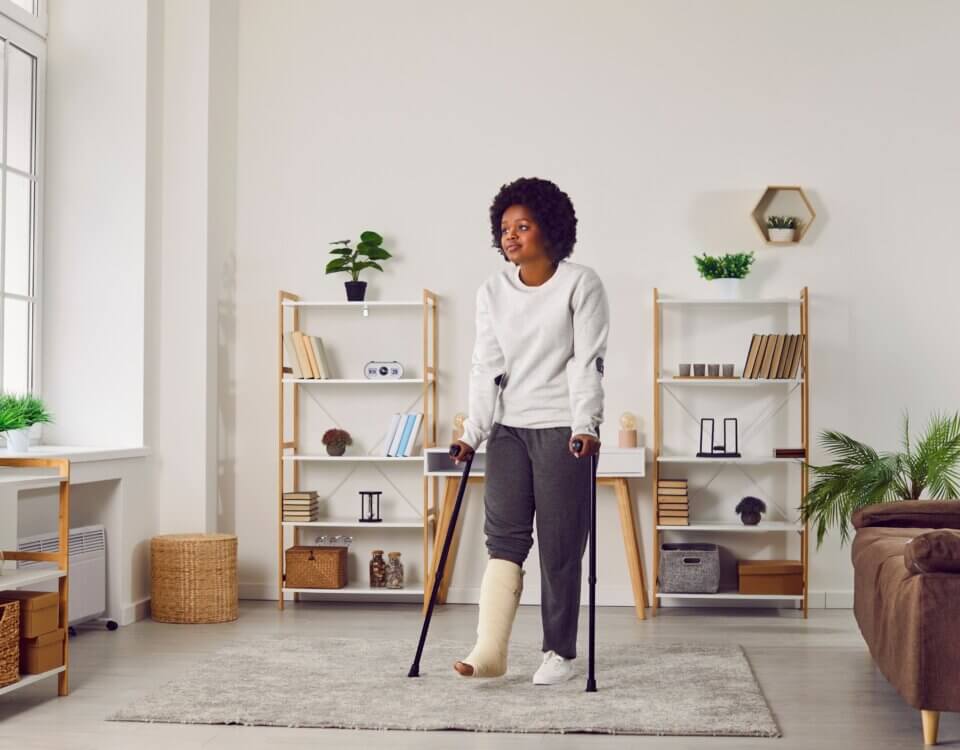Determining who is at fault in a car accident is rarely straightforward. Lawyers, law enforcement, insurance companies, and sometimes judges or juries become involved in sorting out what happened. The law looks for negligence or carelessness to decide who is responsible.
Why Fault Matters
When someone causes an accident, responsibility usually means they must pay for medical treatments, property damage, and other losses. It also means that fault matters for how much compensation you can get. In many cases more than one party may share responsibility, each with a certain percentage of blame.
Key Players in Establishing Fault
- Drivers involved
What drivers say at the scene can matter. If one admits fault, that may be significant. Swapping insurance information, gathering contact details, and getting statements from witnesses are important right away. - Police
Law enforcement often respond to accident scenes. They collect physical evidence, take photos, note traffic law violations, record weather or lighting conditions, and create reports. These reports are heavily used later by insurers and courts. - Insurance companies
After the accident they conduct their own investigations. They may review the police report, interview witnesses, inspect vehicle damage, assess driver statements, and evaluate all of the evidence. Their goal is to determine liability and protect their interests as well.
Factors That Affect Fault Decisions
Several legal and factual elements come into play when fault is being assigned:
- Whether a driver had a legal duty to operate their vehicle carefully
- Whether that driver breached the duty by acting carelessly or breaking a traffic law (speeding, running red lights, failing to yield, driving under the influence, etc.)
- Whether that breach caused the accident and resulting harm
- The condition of the vehicle: equipment failures such as faulty brakes, tires, steering components may reduce or shift fault
- Environmental and roadway conditions: weather, visibility, road surface, lighting
- Timing of medical treatment or delay; consistency of injuries and statements
Shared Fault and Its Consequences
Sometimes both drivers contribute to a crash. For example one driver may speed, the other may misjudge a turn. Under many state laws, fault is apportioned by percentage. That means each party pays part of the damages based on how much they are responsible.
What You Should Do Following an Accident
To protect your rights and improve your chances of fair compensation:
- Document everything: take photos of the scene, vehicle damage, skid marks, traffic signals, weather and lighting conditions.
- Get witness names and contact information.
- Report the crash and get a copy of the police report.
- Seek medical attention quickly even if injuries seem minor. Delaying care can hurt your case.
- Consult a personal injury attorney who can help you understand how fault may be determined and help gather the evidence needed.
Note: These blog posts are created solely for the use of Hillstone Law. The information is gathered from internet research, publicly available sources, and artificial intelligence (AI) tools such as ChatGPT. While we aim to share helpful and educational content, Hillstone Law does not independently verify every detail. Some information may be incomplete, outdated, or subject to change without notice. If you believe any part of a post is inaccurate, misleading, or infringes upon copyright, please contact Hillstone Law immediately so we can review it and take appropriate action, including correction or removal.
Disclaimer: The material provided in these blogs is for general informational purposes only and should not be considered legal advice. Reading these posts does not create, and is not intended to create, an attorney-client relationship with Hillstone Law. Our intent is to share knowledge, raise awareness, and provide helpful resources to the public; however, Hillstone Law makes no warranties or guarantees about the accuracy, completeness, or reliability of the information provided, and expressly disclaims liability for any actions taken in reliance on it. The photos used in these posts are for illustrative purposes only and do not depict actual clients, individuals, or incidents unless expressly stated. If you or a loved one has been injured in an accident, please contact Hillstone Law at (855) 691-1691. Our attorneys are available to answer your legal questions and help you understand your rights.







